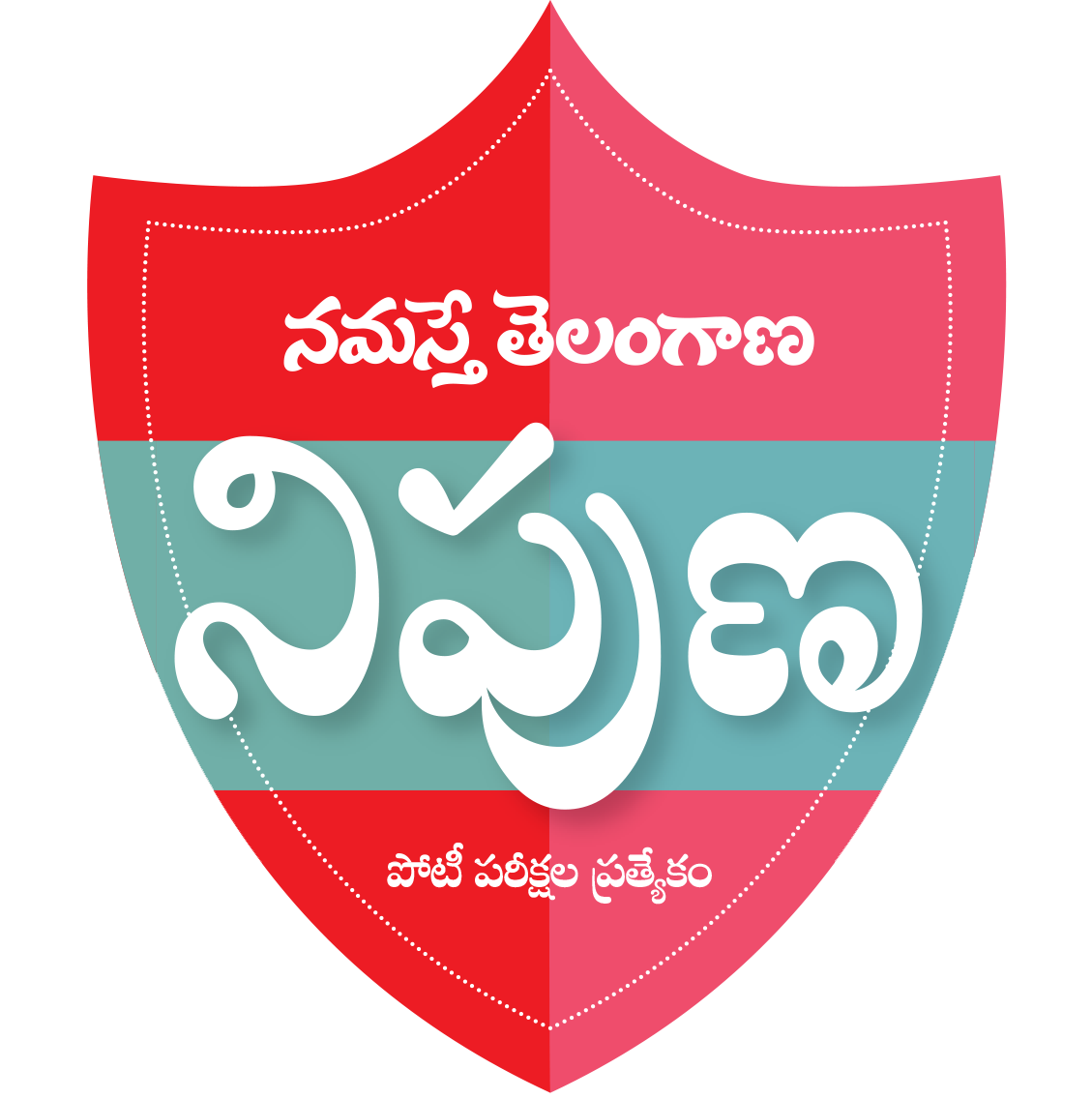The migration of communities

Bahujans, who constituted the majority of population in Telangana feudal society, were deprived of basic human rights. Agricultural labourers and artisans rendered free services —vetti — to landlords and government officers. Besides, the officials and landlords inflicted several forms of atrocities on the service castes and artisans.
Landlords and jagirdars in the agrarian regions imposed several types of taxes and collected illegal extractions from the public. On several occasions of agrarian crisis, the poor farmers and labourers belonging to Bahujan castes migrated to other regions and other States. A large number of people belonging to Sudra castes from rural Telangana migrated to Bombay, Sholapur, Bhiwandi, Surat, Ahmedabad, more particularly between 1930-40.
The artisan communities, especially the Padmasali (handloom weavers), and Meru/ Darji (tailors) communities migrated to distant lands in search of livelihoods. Around the time of these large-scale migrations, Bahujans formed united caste associations for the improvement of educational, employment, and economic opportunities and eradication of social evils within the community. Establishment of caste associations resulted in the rise of new consciousness in these communities.
The Bahujan caste associations built movements for identity, self-respect and autonomy in 1920s while Andhra Jana Sangham was building language and cultural prosperity. Caste associations strived to promote modern education and employment opportunities to eradicate illiteracy and poverty among the backward Sudra castes. The first generation educated members of Sudra castes, especially of Padmasali, Munnuru Kapu, Mudiraj, Yadav, and Goud communities strived for the development of their castes.
Some took initiatives to establish caste associations, building of hostels for their students, or promotion of employment opportunities. Padmasalis who lived in Bombay, Sholapur, and Pune cities started caste associations and mobilisation with the influence of social reforms that rocked Maharashtra.
Guntaka Narsayya Pantulu, Hakim Narayan Das, Konda Laxman Bapuji etc., fought for the development of their community. The All-India Padmasali Sabha was organised in 1929 in Hyderabad because of their efforts. With the new consciousness, Padmasali community fought against the oppressive tax system (loom tax) of the government and feudal exploitation.
They organised several activities to protect their caste occupation and promote economic upliftment. The role of Konda Laxman Bapuji is praiseworthy in understanding the issues affecting the handloom weavers and building a united movement for the collective interest of the caste.

Konda Laxman Bapuji:
A freedom fighter, political leader, social reformer, and a statesman, Konda Laxman Bapuji fought relentlessly for the welfare of oppressed sections. He was jailed by the Hyderabad government for his active and critical role in freedom struggle and socio-political movements.
He also founded Nizam State Padmasali Yuvajana Sangham in 1930s in Hyderabad. Handloom weavers, like other backward castes, were victims of the atrocities of landlords. They were forced to do vetti (free labour) by the vatandars, jamindars and government officials. He fought for the welfare of backward castes and played a key role in Padmasali Yuvajana Sangham activities from 1939. He organised Padmasali Yuvajana Sammelans (youth conferences/meetings) in districts of Telangana.
“By mobilising thousands of handloom weavers, we could wage struggles against the injustice and atrocities of village heads and officials and social evils. Values of selfless service, dedication, undivided trust, collective effort, enabled to organise admirable and constructive activities. Mobilising thousands of weavers into building a collective force was made possible,” wrote Konda Laxman.
He participated in several meetings, including All-India Padmasali Mahasabha held in Sholapur from May 16 to 18, 1941. He presided over the Padmasali Yuvajana Sabha held in Nizampeta of Sangareddy in Medak district in 1941. He took active part in the Nizam State Padmasali Yuvajana Sangham conference (sadassu) held at Tulja Bhavan, Kachiguda, in Hyderabad in 1943. He presided over the first conference of Padmasali Kashta Nivarana held at Morthad, ArmoorTaluk of Nizamabad district.
As president of the conference, he appealed for and stressed the need to organise programmes for economic and educational development and to ensure social security and rights of the handloom weavers.
Bahujans formed united caste associations for the improvement of
educational, employment, and economic opportunities and eradication of social evils
Prof. Adapa Satyanarayana
Retired Professor,
Department of History, OU
Ph. 9573405551
Latest Updates
దేశంలో ‘జీవన వీలునామా’ నమోదు చేసిన మొదటి హైకోర్టు?
క్యారెట్ మొక్క ఎన్ని సంవత్సరాలు జీవిస్తుంది?
ప్రపంచ ప్రసిద్ధి అగాధాలు – ఐక్యరాజ్యసమితి లక్ష్యాలు
అణు రియాక్టర్లలో న్యూట్రాన్ల వేగాన్ని తగ్గించేందుకు ఉపయోగించే రసాయనం?
దేశాల అనుసంధానం.. వాణిజ్య అంతఃసంబంధం
కణ బాహ్య జీర్ణక్రియ
ఇంటి పని వద్దన్నవారు.. స్వీయ శిక్షణ ఉండాలన్నవారు
జీవావరణ వ్యవస్థకు కావలసిన మూలశక్తి దారులు?
మౌజియన్ అనే గ్రీకు పదానికి అర్థం?
సమాజ మేధో కేంద్రాలు.. నాగరికతకు చిహ్నాలు






